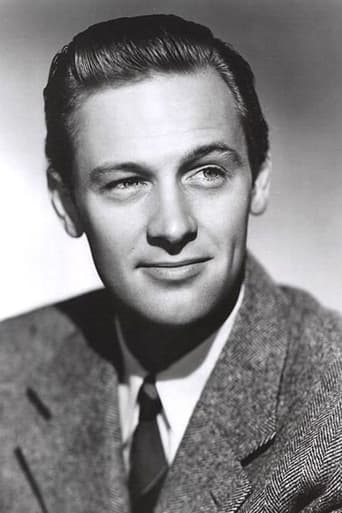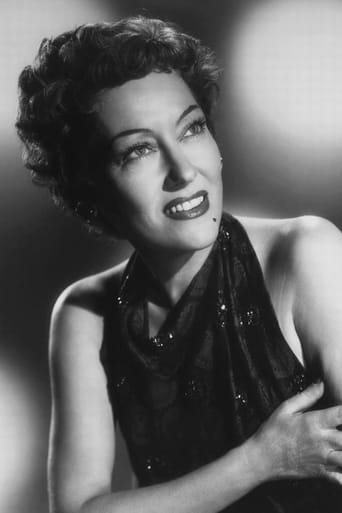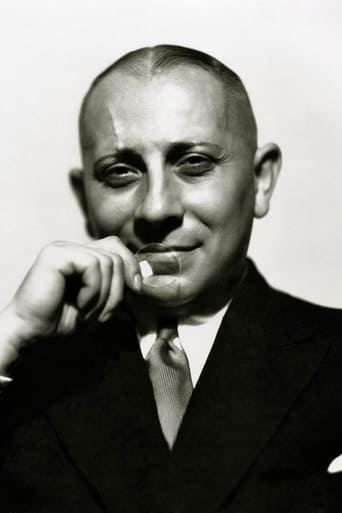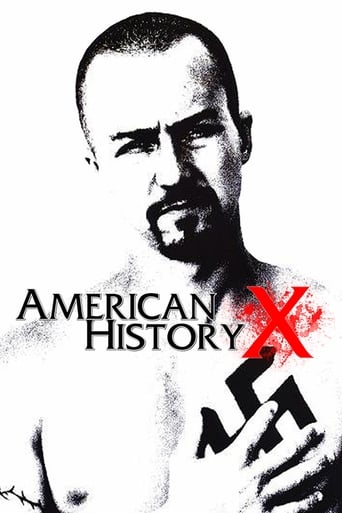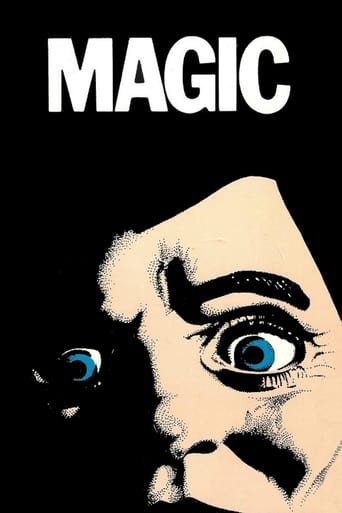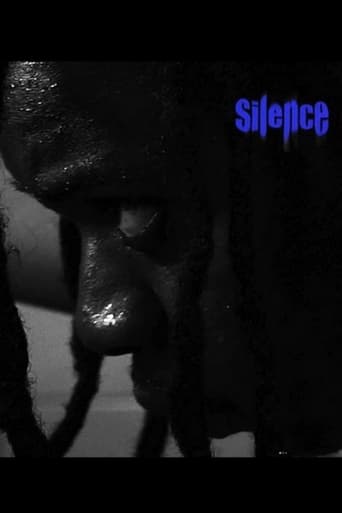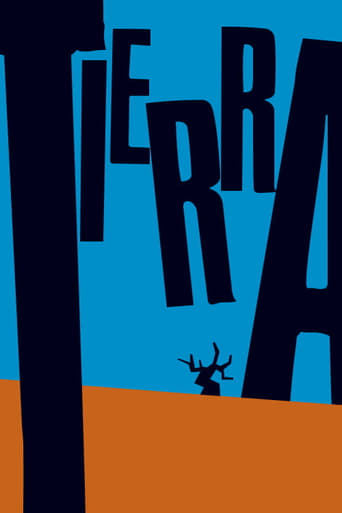
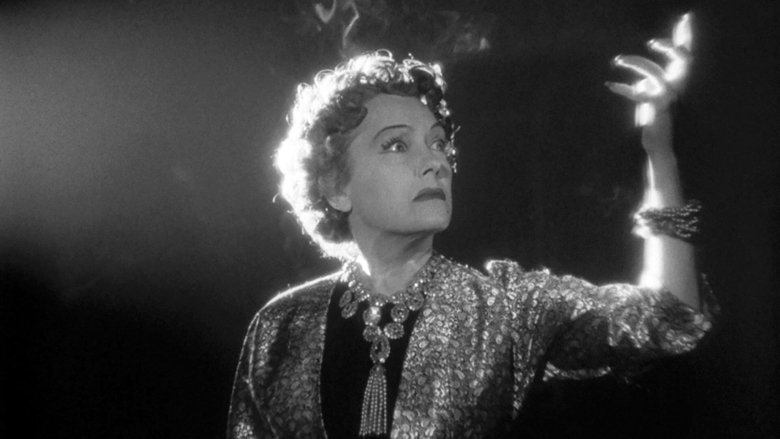
 Watch Now
Watch Now





Sunset Boulevard (1950)
 Watch Now
Watch Now





A hack screenwriter writes a screenplay for a former silent film star who has faded into Hollywood obscurity.
Watch Trailer
Cast


Similar titles
Reviews
Good start, but then it gets ruined
Fantastic!
Pretty good movie overall. First half was nothing special but it got better as it went along.
It's the kind of movie you'll want to see a second time with someone who hasn't seen it yet, to remember what it was like to watch it for the first time.
Where to start? The genius of Billy Wilder as a director is well know. All his films are masterful in direction. To me that means not a shot out of place. From the beginning, Holden dead in the pool, shot from the bottom of the pool and narrated by the dead man was ground breaking and genius. The casting of Von Stroheim, Swanson, Webb, and of course Holden is perfect. The cameo with DeMille incredible. Maybe its because I am a filmmaker myself that I get so much joy out of this film. I don't watch many films more than once but I just saw this again and couldn't pull myself away. The dialogue, cinematography, editing, sound and music are exacting, as a great film should be. I lived on Ivar in the 1970's I realize it was one block away from Holden's apartment. There is so much truth in this movie about the film industry and about life.
A dead man narrates Sunset Boulevard, eager to tell us his version of the events, the cold, hard facts, before they are distorted and blown out of proportion by the radio and television screen. Joe Gillis is a writer, and naturally wants his story to retain its integrity. Wilder gives us a witty snapshot of that idea disappearing in a puff of smoke early in the film, where Joe pitches his baseball script to an producer in a dinghy little office. Firstly it's openly mocked by a script reader (the demure yet snappy Nancy Olson) who wants something grandiose and with a message. "You'd have turned down Gone with the Wind!" splutters Joe in exasperation. "No, that was me," remarks the producer with resignation. Almost absent-mindedly whilst lounging on the couch, he twists Joe's story into an all-female spectacle with musical interludes, with the screen credit the only remaining vestige of the initial premise. And when Joe pleas for a personal loan, he launches into a spiel about his own spiralling debts that Wilder quickly cuts away from. There's no need for semantics; he's hemorrhaging money, like most of Hollywood, where original ideas are sparse and basic plots are organised by numbers and letters. Joe is played by William Holden, the strapping lead who would go on to star in other blockbusters like The Bridge on the River Kwai and Stalag 17, and who almost allows the audience to forget he is playing the everyman figure in this film, a struggling writer who has exchanged talent for a living. Wilder's dialogue is as biting and cynical as it ever is, delivered from the mouthpieces of two who have been spun around by Hollywood's washing cycle and spit out as nobodies. Joe holds himself up high, whether it is in a shabby blazer or a dinner suit and bow tie, but he has already traded away his artistic integrity. What more is a little self-respect? While he turns his nose at the array of baubles and trinkets that Norma showers him with, it's also a little flattering. His steely gaze hides a begrudging reliance, as does Norma's histrionics, betraying a twisted partnership; they need each other. Both Boulevard and Double Indemnity were photographed by John F. Seitz, who Wilder had entrusted with the latter's moody, noir lighting, and recruited to recapture. The term is French for black, and in a sense they were black both morally and physically. Seitz uses the same technique he did in Indemnity by sprinkling aluminium dust in front of the lens to render the sprawling, gothic mansion of Norma's into a dusty ruin, of luxury in decay. As Joe and Betty collaborate on their script late at night in a discreet motel (practically a synonym for seediness), he keeps the latter in the catch light, an angelic casualty of the wicked world of showbiz, but submerges Holden's face in shadow, like the very nature of his thoughts were being divulged. The guilt of their covert affair consumes him, as if he was in sole ownership of Norma Desmond. Who else but Gloria Swanson could have captured this performance? Norma's demise mirrors Swanson's, once a glittering silent icon, for 6 years the top star of Paramount, and then scuttled by the arrival of sound. The role asks for quiet desperation to be masked by flamboyance, and Norma replies in kind. She is a relic of the past, her costumes elaborate but dated, her poise a touch theatrical, but if she doesn't believe it, it might as well not be true. "I can say anything I want with my eyes," she declares, and sure enough, her pupils bore holes in any eyes who dare meet them, and makes demands, not queries. Cut away from her? Not likely. Norma still believes she commands the screen, and in some respects she does, most evidently in that final trance, where she fully commits to the illusion that has been held up for the last twenty years. But for Joe's brief peek into the enigma that is Norma Desmond, she has been long swallowed by Sunset Boulevard.
Going into this film I wasn't sure how I'd like it, but after watching ten minutes of it I knew I was hooked. William Holden's naturalistic performance was phenomenal, and it's one of the best movies about Hollywood especially during it's time period. The film shows the contrast between old Hollywood and the up rise of the new hollywood, especially when they discuss Gloria Swanson's characters career fading. Overall this film was truly amazing, and having that film-noir aspect to it just makes it ten times better. I can definatly see why a lot of people consider this a classic.
Sunset Blvd. is a capital D Dark comedy, perfectly walking the line between extremely unsettling & absurdly hilarious (dead ape). The writing is among the best of its kind; flowery & full of noir-heavy tropes that sit within the genre while standing above it. Swanson is of course undeniable, but Holden shouldn't be forgotten, playing the line between Stockholm syndrome & sly suspension skillfully and coolly. A better film than Demille could ever make.



